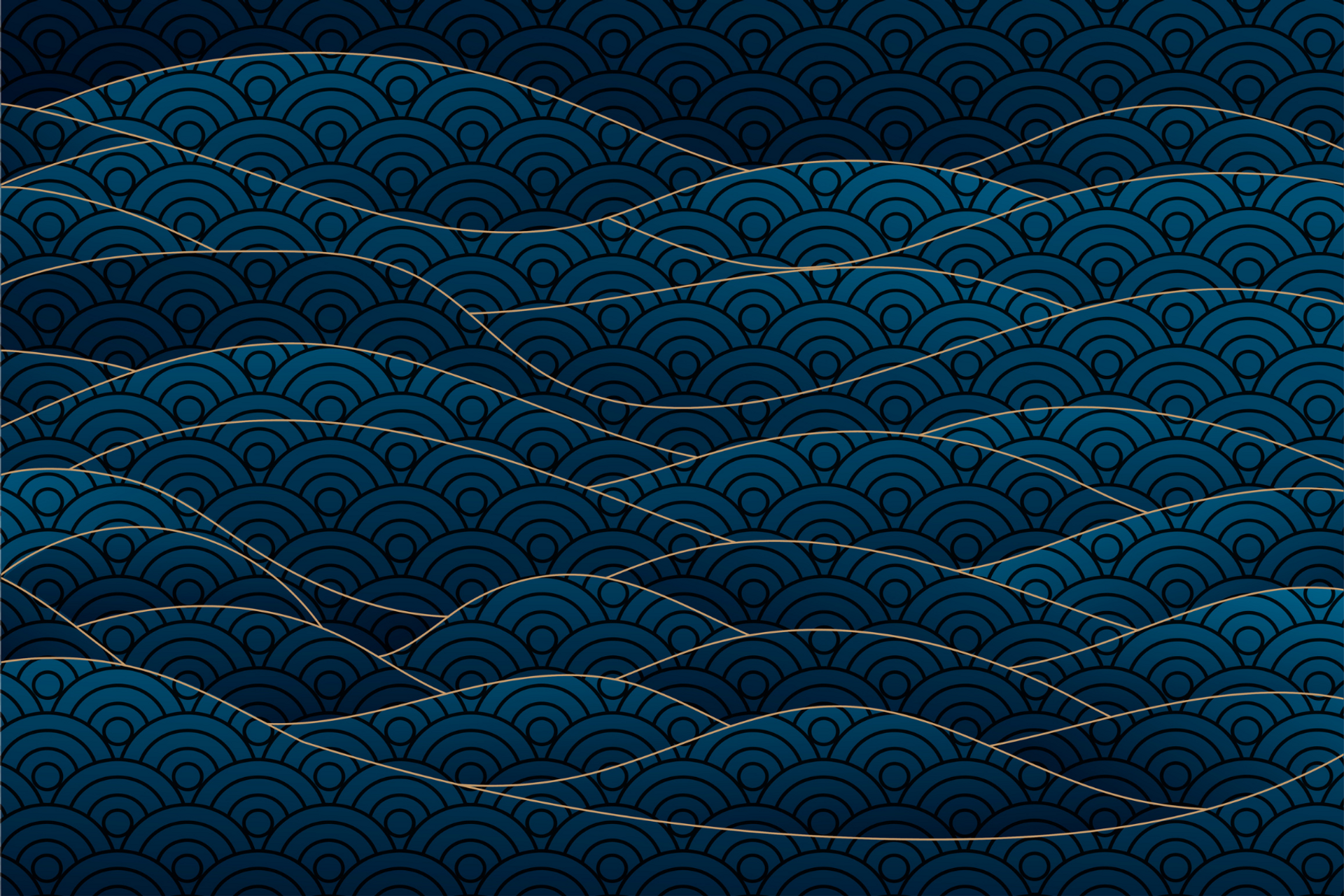Vulvodynia
What is Vulvodynia?
Vulvodynia is chronic pain around the opening of the vagina (vulva) with no known cause. Women with vulvodynia experience persistent burning, aching or stinging caused by acute sensitivity of the nerves in the vulval area.
Causes & symptoms of Vulvodynia
Causes of vulvodynia
The underlying causes of vulvodynia aren’t yet known, but it is not caused by infection. Possible contributing factors include nerve damage caused by a history of severe vaginal thrush, previous surgery or childbirth and trapped nerves.
Symptoms of vulvodynia
The symptoms of vulvodynia are usually constant and can be incredibly disruptive to everyday life. The pain or burning associated with the condition can worsen when sitting down for long periods and having sexual intercourse. These symptoms can have a huge impact on your life, affecting your relationships, sex drive and normal everyday activities, and can lead to depression.
If your symptoms aren’t constant and are only triggered by light touch to the vestibule (tissue surrounding the vaginal opening), such as during sexual intercourse or on inserting a tampon, the condition is referred to as vestibulodynia. The symptoms often overlap between the two conditions.
Vulvodynia should not be confused with vaginismus, a condition where the muscles around the vagina tighten involuntarily.
If you think you have vulvodynia or vestibulodynia and would like to know more, we recommend that you visit the Vulval Pain Society website.
How to treat Vulvodynia
Treatment options to relieve the symptoms of vulvodynia include:
Lubricant
Using an intimate lubricant or vaginal moisturizer can help to soothe and provide relief from the pain and irritation caused by vulvodynia.
Physiotherapy
A trained physiotherapist can teach you exercises to strengthen the pelvic floor muscles, which may help to reduce your symptoms.
Medication
Your doctor can prescribe antidepressants or anti-epilepsy medication to relieve the pain of vulvodynia caused by nerve sensitivity. Conventional painkillers such as Paracetamol do not relieve the pain caused by vulvodynia.
Therapy and counselling
Cognitive Behavioral Therapy (CBT) can teach you methods to manage pain, as well as how to cope with its impact on your sex life and relationships.
Surgery
In very rare cases, surgery can be carried out to remove the affected areas of skin around the vulva. This treatment is not usually recommended.

